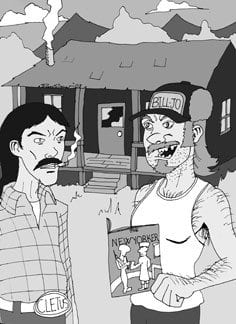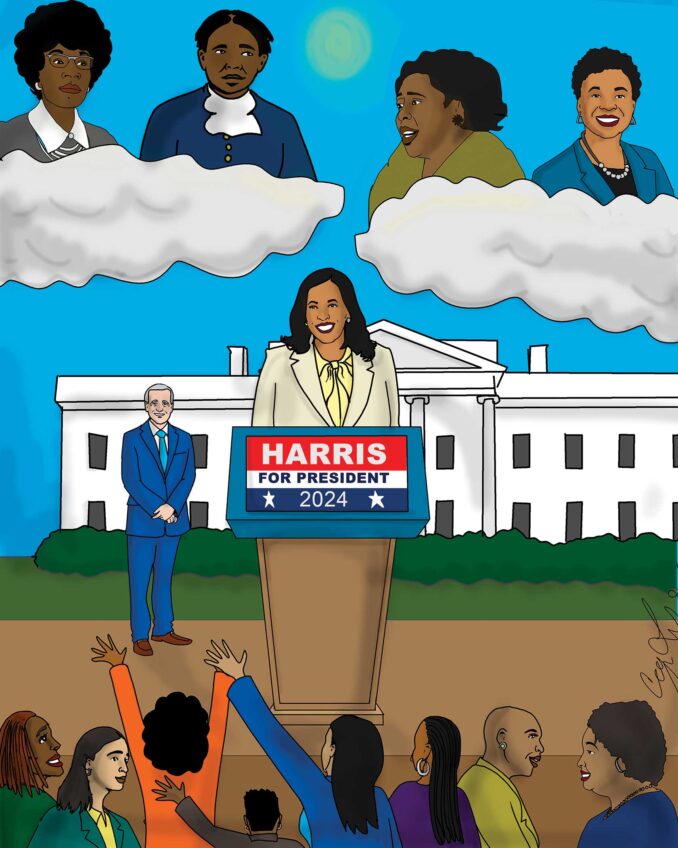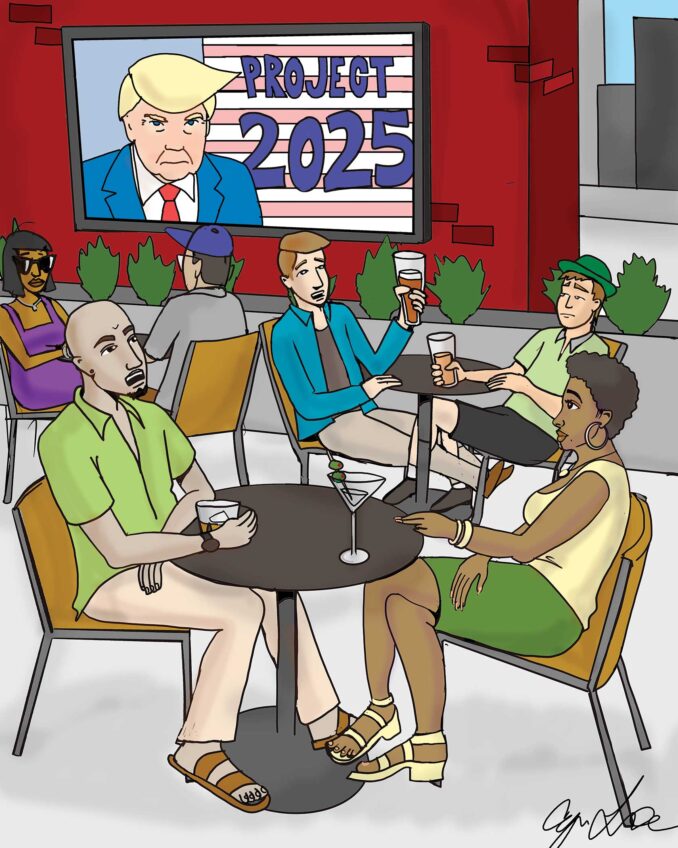
Do polls tell the story?
|
|
“I told you Obama was one of them Muslims.” |
According to a recent New York Times/CBS News poll, race in America remains a complex problem despite the political success of Barack Obama. Responses of whites and blacks were not substantially different from similar polls conducted in 2000 and 1990. In the recent poll, 55 percent of white respondents said they believe that race relations in the United States are generally good. Only 29 percent of blacks concurred.
While they differed on the status of race relations, 70 percent of whites and 65 percent of blacks said they believe that America is ready to elect a black president. But despite this mutual and growing confidence in Obama’s chances to become president, only 53 percent of whites said they believe that whites and blacks have an equal chance of “getting ahead in today’s society.” Only 30 percent of blacks share the same confidence.
Polls on race are often difficult to analyze because responses are so personal. One person’s reaction to a racial incident might be extreme, while someone else would hardly give it a second thought. Yet there are some general attitudes that have to be considered.
The rationale for racial discrimination by whites has been that blacks and others are inferior, intellectually and otherwise. Consequently, when a black is so accomplished that his or her achievement cannot be ignored, there is a tendency for some whites to anoint them as honorary whites. This happened both in South Africa and the United States.
For confident blacks, the issue is whether racial discrimination is a barrier to their success. They might not give two thoughts to a snub, or a show of hostility that does not impede their progress. On the other hand, more sensitive blacks might be so offended by even a minor racial slight that they would view such an incident as rank bigotry.
There is no way that polls on race can adequately evaluate the emotional state of the respondents, so in a sense the answers will always be skewed. One fact is clear, however. The emergence of Obama as the Democratic nominee has caused racial shibboleths to shatter. Obama is black, intelligent, well-educated, urbane and sophisticated. He is clearly no Uncle Remus. His national success has forced everyone — blacks as well as whites — to see African Americans in a different light.
Seriously, not funny!
Candidates for high office become victims of the media. They lose all right to privacy, and their every word and statement is endlessly analyzed for consistency and hidden meanings. The purpose of this journalistic inquiry is to provide the American voters with profound knowledge of the candidates.
Sometimes attempts at humor in this process fall flat. Such was the case with the cover of the July 21, 2008 edition of The New Yorker magazine. In the cartoon image, Barack Obama drawn in the attire of a turbaned Muslim, and his wife Michelle Obama had an Afro with a rifle on her back. The American flag was burning in the fireplace of the Oval Office and there was a portrait of Osama bin Laden over the mantle.
According to New Yorker editor David Remnick, the point of the cartoon was to make light of common myths about the Obamas. The attempt at humor failed. A standard requirement of humor is that a good result ensues. A joke about Franklin Delano Roosevelt in a wheelchair would fall flat, as his affliction was permanent. It is difficult to find humor in racial and religious bigotry when such attitudes still prevail.
If Charlie Chaplin crashed and burned, the humor would be lost. He was funny because he was always able to survive perilous circumstances. That is more than can be said of the New Yorker cartoon.






